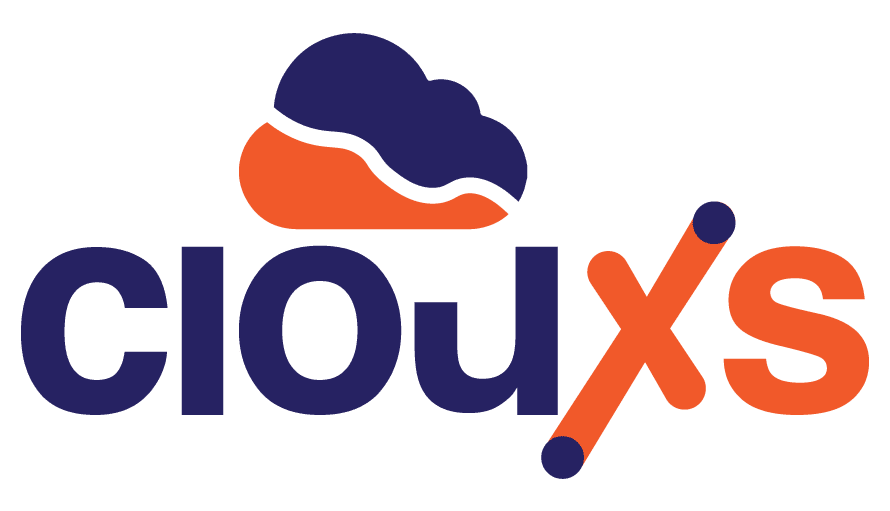Degital Marketing
Introduction
Digital marketing is the practice of promoting products, services, or brands using digital channels and technologies. It encompasses a wide range of online strategies and techniques aimed at reaching, engaging, and converting target audiences across various digital platforms. Unlike traditional marketing, which often relies on physical mediums like print or broadcast, digital marketing leverages the internet and electronic devices to deliver targeted messages to consumers.
Key Components of Digital Marketing:
Search Engine Optimization (SEO):
- The process of optimizing a website or online content to rank higher in search engine results pages (SERPs).
- Involves keyword research, on-page optimization (like meta tags and content), and off-page optimization (like backlinks) to increase visibility and drive organic traffic.
Content Marketing:
- Creating and distributing valuable, relevant, and consistent content to attract and engage a target audience.
- Content formats include blog posts, videos, infographics, ebooks, podcasts, and more.
- The goal is to build trust, establish authority, and drive profitable customer action.
Social Media Marketing:
- Promoting products or services through social media platforms like Facebook, Instagram, Twitter, LinkedIn, TikTok, and Pinterest.
- Includes organic activities like posting content and engaging with followers, as well as paid advertising through sponsored posts or social ads.
Email Marketing:
- Sending targeted emails to a list of subscribers or customers to nurture leads, promote products, or keep them informed about updates.
- Strategies include newsletters, promotional campaigns, automated sequences, and personalized emails based on user behavior.
Pay-Per-Click (PPC) Advertising:
- A form of online advertising where businesses pay a fee each time their ad is clicked.
- Common platforms include Google Ads (search engine advertising) and social media ads (like Facebook or Instagram ads).
- PPC allows for targeted advertising based on keywords, demographics, interests, and more.
Affiliate Marketing:
- A performance-based marketing strategy where businesses pay affiliates (partners) a commission for driving traffic or sales through their referral links.
- Affiliates promote products or services on their websites, blogs, or social media channels.
Influencer Marketing:
- Collaborating with influencers—individuals with a large and engaged following—to promote products or services.
- Influencers share content about the brand, often in a way that feels authentic and resonates with their audience.
Online Public Relations (PR):
- Managing and improving a brand’s online reputation through digital channels.
- Includes activities like press releases, media outreach, responding to reviews, and engaging with online communities.
Analytics and Data-Driven Marketing:
- Using tools like Google Analytics, social media insights, and other data-tracking platforms to measure and analyze the performance of digital marketing campaigns.
- This data helps marketers understand user behavior, optimize strategies, and improve ROI (return on investment).
Conversion Rate Optimization (CRO):
- The process of improving a website or landing page to increase the percentage of visitors who take a desired action, such as making a purchase, signing up for a newsletter, or filling out a form.
- Involves A/B testing, user experience (UX) improvements, and analyzing user behavior.
Mobile Marketing:
- Marketing activities specifically designed for mobile devices, such as smartphones and tablets.
- Includes mobile-optimized websites, apps, SMS marketing, push notifications, and mobile ads.
Benefits of Digital Marketing:
- Global Reach: Digital marketing allows businesses to reach a global audience, breaking down geographic barriers.
- Cost-Effective: Compared to traditional marketing methods, digital marketing can be more affordable, especially with tools like SEO and social media that offer organic reach.
- Targeted Audience: Digital marketing enables precise targeting based on demographics, interests, behavior, and more, ensuring that marketing efforts are directed at the right audience.
- Measurable Results: With digital marketing, businesses can track and measure every aspect of their campaigns, allowing for data-driven decisions and adjustments.
- Engagement and Interaction: Digital platforms provide opportunities for direct engagement with customers, fostering relationships and brand loyalty.
- Flexibility and Adaptability: Digital campaigns can be quickly adjusted or optimized in response to performance data, making digital marketing highly adaptable to changing conditions.
Challenges of Digital Marketing:
- High Competition: The digital space is crowded, with many businesses vying for attention, making it challenging to stand out.
- Constantly Evolving Landscape: Digital marketing is dynamic, with platforms, algorithms, and best practices continuously changing, requiring marketers to stay updated.
- Privacy and Data Security: Collecting and using consumer data for targeting must be done carefully, in compliance with regulations like GDPR, to avoid breaches and maintain customer trust.
Digital marketing is essential for modern businesses, as it aligns with consumers’ increasing reliance on the internet and digital devices. By effectively leveraging digital channels, companies can connect with their target audiences, build their brands, and drive growth.
